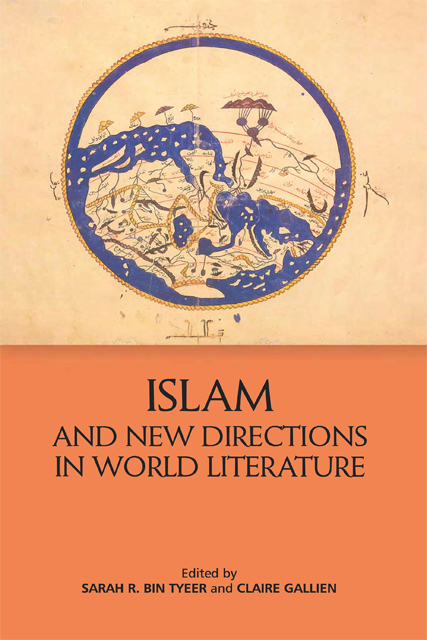8 - The ‘Islamic’ Arabian Nights in World Imaginaries
Published online by Cambridge University Press: 14 July 2023
Summary
This chapter argues that the conflation between Islam and the Arabian Nights is not a straightforward trajectory. If this conflation was less noticeable in the first half of the eighteenth century, interested scholars, Orientalists like Sir William Jones, physicians, antiquarians and philologists began late in the century to trace Islamic echoes, and manners and customs that they associated with Islamic societies. In other words, the issue of attachment to and detachment from the tales is also intertwined with and entangled in the rising aspirations of the empire. Involvement in the colonial conquest often led pillars of this conquest, its savants, and entrepreneurs of the East India Company and the Royal Society of Bengal to treat the Nights as documents. The first Governor of the Presidency of Fort William in Bengal and the head of the Supreme Council of Bengal, Warren Hastings (1732–1818), was among early enthusiasts of Galland’s Nights as a document. The first de facto Governor-General of Bengal (1772–85) was often cited in support of Antoine Galland’s translation of Mille et une nuits. Contes arabes (1704–12/17) as representative of Islamic societies. The celebration that Galland’s edition enjoyed could not last forever. With the increasing philological interest in the Nights as a significant document for royal societies and others concerned with ‘useful knowledge’, the search for complete manuscripts turned into a relentless mania that drove many in Egypt and South Asia to stitch together tales from different sources to claim complete manuscripts.
Such is the clamour around the Macan manuscript (Calcutta II) that it was claimed as the most complete against the incomplete Galland’s manuscript and its siblings. William Hay Macnaghten, later the Secretary to the Secret and Political Department in Calcutta, and Henry Torrens of the College of Fort William and the Royal Society of Bengal were among the new breed of Orientalists who took the Nights as their property to be made available to speakers of Arabic and English. As argued and documented by scholars, such appointees to India’s General Committee of Public Instruction like Charles E. Trevelyan (1833) would argue strongly for providing the English-speaking world with a complete manuscript.
- Type
- Chapter
- Information
- Islam and New Directions in World Literature , pp. 217 - 252Publisher: Edinburgh University PressPrint publication year: 2022



